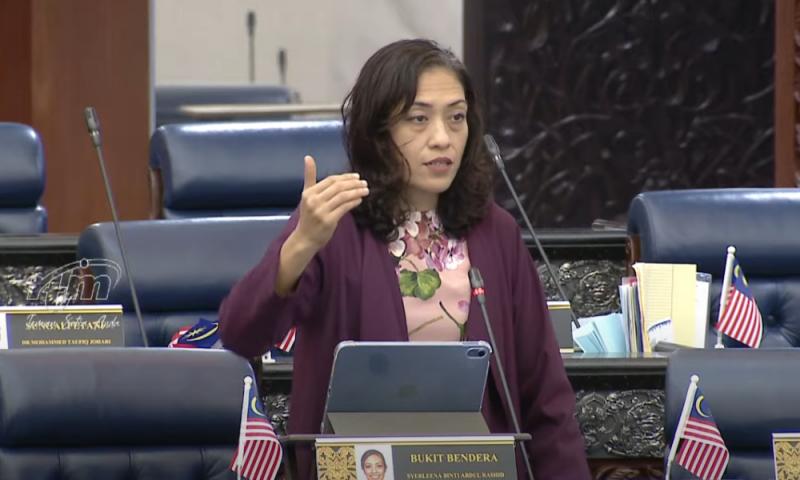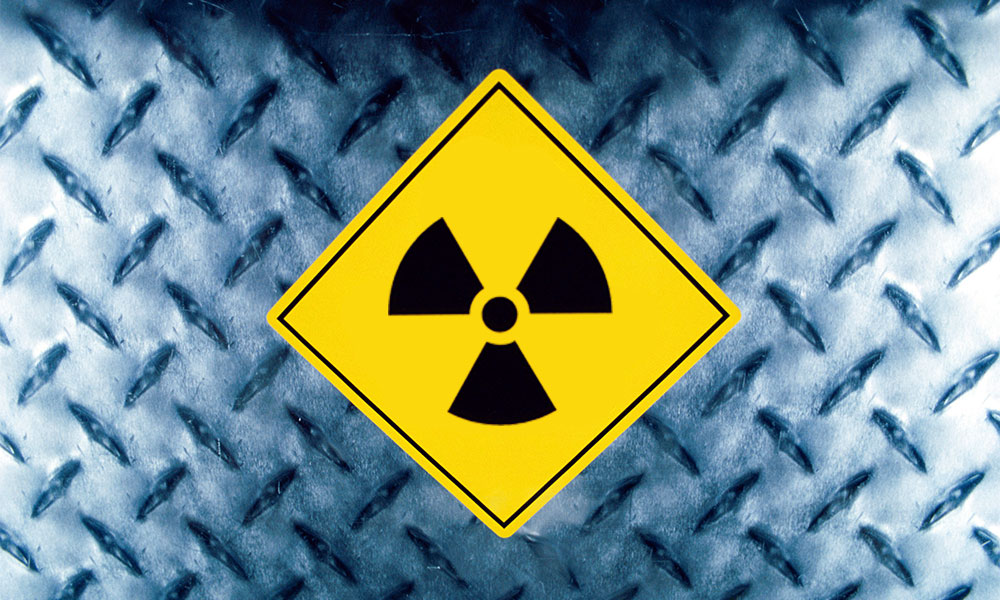


DAP MP questions death penalty for nuclear offences
PARLIAMENT | A backbencher has raised concerns about the proposed death penalty for certain nuclear weapons-related offences, cautioning that this goes against the nation’s attempt to move away from such punitive measures.
Debating the Atomic Energy Licensing (Amendment) Bill 2025 in the Dewan Rakyat today, DAP’s Syerleena Abdul Rashid (Harapan-Bukit Bendera) highlighted that the potential amendments prescribe the death penalty and caning for certain offences.
Syerleena said she understands the “intent” behind such punishments is to deter nuclear terrorism, but said the government must not go against its previous commitment.
“Firmness in nuclear security must not contradict our nation’s human rights commitments… Is the government confident that utilising the death penalty and caning is consistent with Malaysia’s position as it moves away from mandatory capital punishment?
“Would it not be more appropriate to emphasise life imprisonment as a more consistent alternative?” she questioned.
Malaysia in 2023 abolished the mandatory death penalty for certain offences, including drug trafficking, which was lauded by human rights advocates.
Malaysia in 2023 abolished the mandatory death penalty for certain offences, including drug trafficking, which was lauded by human rights advocates.

Radiation warning symbol
This was applied retroactively, allowing judges to exercise their discretion in sentencing, replacing the enforced capital punishment with prison sentences of 30 to 40 years and a mandatory minimum of 12 strokes of the cane.
Minister’s assurance
Addressing Syerleena’s concerns in his winding-up speech, Science, Technology, and Innovation Minister Chang Lih Kang (Harapan-Tanjong Malim) assured that the nation is not contravening any of its established commitments on penalties.
“The courts are still allowed their discretion to determine punishments based on the gravity of offences,” the minister said.
The Bill, which was passed by the Dewan Rakyat today, aims to broaden the scope of the Act to include additional aspects of safety, regulation, and nuclear security.
The Bill also seeks to introduce a new Section 41D to provide for offences and penalties for individuals who carry out activities involving radioactive or nuclear material with the intent to cause death, serious injury to any person, or severe damage to property or the environment.
This was applied retroactively, allowing judges to exercise their discretion in sentencing, replacing the enforced capital punishment with prison sentences of 30 to 40 years and a mandatory minimum of 12 strokes of the cane.
Minister’s assurance
Addressing Syerleena’s concerns in his winding-up speech, Science, Technology, and Innovation Minister Chang Lih Kang (Harapan-Tanjong Malim) assured that the nation is not contravening any of its established commitments on penalties.
“The courts are still allowed their discretion to determine punishments based on the gravity of offences,” the minister said.
The Bill, which was passed by the Dewan Rakyat today, aims to broaden the scope of the Act to include additional aspects of safety, regulation, and nuclear security.
The Bill also seeks to introduce a new Section 41D to provide for offences and penalties for individuals who carry out activities involving radioactive or nuclear material with the intent to cause death, serious injury to any person, or severe damage to property or the environment.
No comments:
Post a Comment